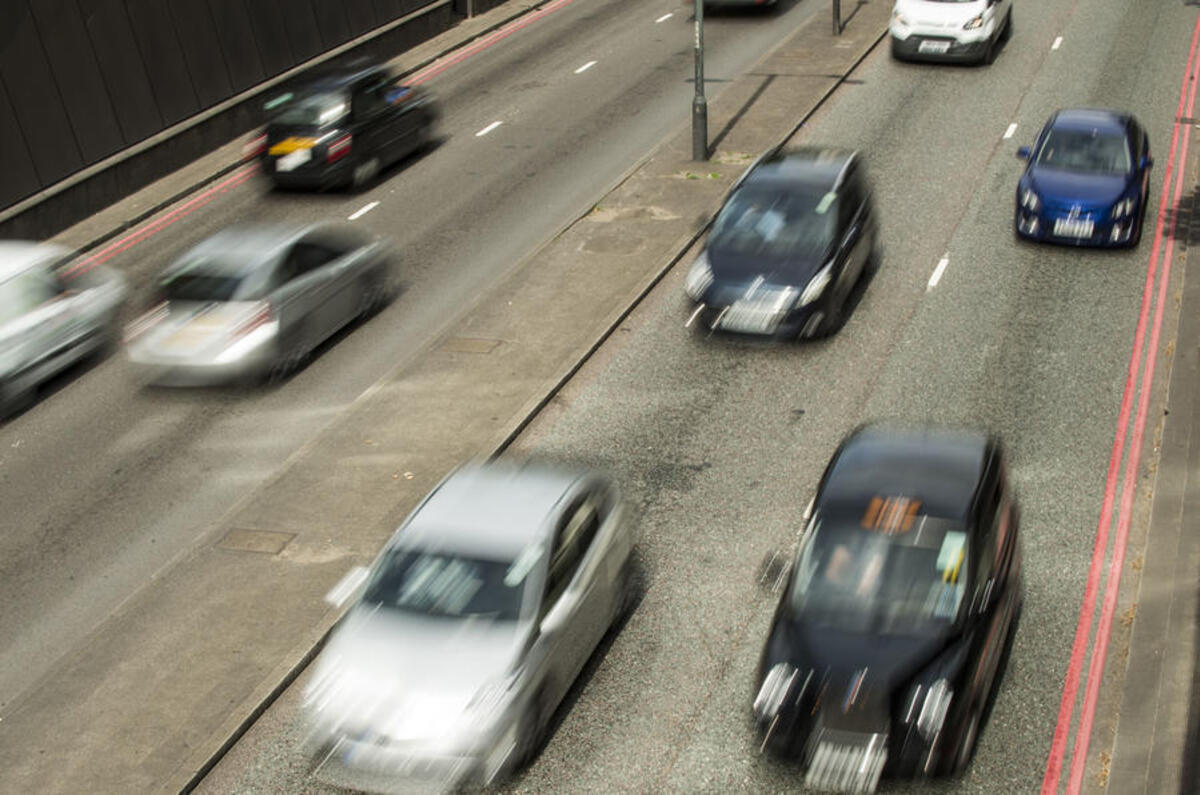The UK car market continued its declining trajectory in February as private car registrations dropped, figures released by the Society of Motor Manufacturers and Traders (SMMT) have revealed.
Registrations fell 2.9% year-on-year last month, and this is blamed on a significant 7.4% drop in demand for private buyers while fleet demand remained stable.
Some 79,594 models were registered, down 2741 from 2019. February is traditionally a quiet month for new car sales as buyers and sellers alike gear up for the March numberplate change.
Demand for diesel and petrol cars fell 27.1% and 7.3% respectively, with diesel down to just over a fifth of the overall market. Despite another month of growth for hybrids (up 71.9%) and battery electric vehicles (recording a three-fold rise), zero-emissions-capable cars still make up just 5.8% of the market.
As a result, the SMMT is appealing to the Chancellor ahead of next week’s budget to offer tax relief to electric cars by removing VAT. It claims this move would reduce the average price of a family electric car by £5600.
Top 10 best electric cars 2020
It also reinstated its call for the continuation of the plug-in car grant - and its reintroduction for plug-in hybrids - to ensure cost parity with petrol and diesel cars. It claims that this, on top of a “comprehensive package of incentives” alongside “substantial” investment in charging infrastructure, would allow the Government to meet its zero-emissions ambitions.
SMMT chief Mike Hawes said: “To drive the transition to zero-emissions motoring, we need carrots, not sticks. As the evidence shows, talk of bans and penalties only means people hang on to their older, more polluting vehicles for longer.
“It’s time for a change of approach, which means encouraging the consumer to invest in the cleanest new car that best suits their needs. If that is to be electric, government must take bold action to make these vehicles more affordable and as convenient to recharge as their petrol and diesel equivalents are to refuel.”
February's best-selling models included the usual suspects, with a top five of the Mercedes-Benz A-Class, Vauxhall Corsa, Ford Focus, Ford Fiesta and - topping the charts with more than twice the registrations of the A-Class - outgoing Volkswagen Golf.
Read more:
New car registrations fall for third consecutive year
UK car market down 7.3% in January, diesel at record low
The UK car industry's 2021 Brexit timebomb




Join the debate
Add your comment
Holding back the flood?
We're going to need EV more and more, we're the victim of our own relentless quest for advancement, another on this site wrote about lighter, cheaper EV motors, it was roundly rubbished by some, how the Government gets the lost revenue of ICE Cars will push up EV ownwership, it has to.
Petrol PHEV
They already have enough subsidies which is why the majority are company cars what with the crazy Co2/WLTP ratings they're given. BEV's deserve the grant as they're aren't going to be banned in 15 years time and sprew out fumes on the high streets
missing key word
Don't spew out fumes onto the high street.
"Clean EVs" is a misnomer -
"Clean EVs" is a misnomer - with EVs contributing significantly to CO2 levels, so much so that you need to drive it for 10 years to offset the pollution of buying a 2nd-hand ICE vehicle.
Buying less cars is great for our CO2 targets! - Let's drive down the sales further.
CarNut170 wrote:
I of course jest - but the point is, consumerism is what's driving climate change.
We need to buy less unnecessary brand new rubbish and keep products longer, allowing products to be sustainable.
Cars are a part of this - but more so the fashion industry (which has a CO2 footprint the size of aviation and transport combined).
Motorists are an easy target for green taxes, but we pay our fair share. A VAT cut for "green" vehicles we are being forced towards would be a small consolation, after being shafted by governments over green initiatives for decades!